My New Year's Wishes for Tokyo 2020
Along with millions of Olympic and sports fans, I'm wishing for a successful, smooth, and healthy Tokyo Olympic Games in 2021. After this year's postponement, there are still serious lingering concerns on participant and spectator Covid-19 protocol, which likely won't be answered until the springtime at the earliest. But we do need a "beacon of hope" to help frame a pandemic recovery. And, today, I choose to look at the glass half-full to start off the year.
That said, my fandom doesn't mean that I don't have some recommendations. So, in honor of the new year, here are Games and Rings' top ten wishes for the Olympics in 2021.
Let me know what your own wishes are in the comments.
Run, Caster, Run
Middle-distance runner Caster Semenya has one more appeal up her sleeve, to the European Court of Human Rights. Double Olympic champion in the 800 meters, Semenya is currently blocked from defending her title unless she takes testosterone-inhibiting measures, under somewhat arbitrary and selectively exclusionary new World Athletics rules.
As argued a few months ago, World Athletics is on the wrong side of history's trajectory toward human rights in this case. Semenya was born female and is female. She - like some others - is just a female with elevated - but natural - testosterone, and who happened to win the genetics lottery suited for a career in athletics. Why should she be punished for that? Let her run.
Protest for Change
Team USA recently announced not only that "It is a human right to peacefully call upon racial and social injustices during the...Games" but also that "denying the right of respectful demonstrations...runs counter to the Olympic...values."
Wow. This doesn't just run counter to Team USA's own recent actions - just ask fencer Race Imboden and hammer thrower Gwen Berry for their thoughts - it runs against the International Olympic Committee's own Rule 50 of the Olympic Charter, which bans any political protest, including kneeling or even wearing an armband. The IOC even issued its Rule 50 guidelines at the start of the year.
But a year filled with Black Lives Matter activism and increased racial awareness sure can change perspective. World Athletics, representing track & field, issued a President's Award to Mexico City 1968 protestors Tommie Smith and John Carlos (and fellow medalist Peter Norman), a surprising indication that maybe the organization will support its own athletes' Olympic protests.
For its part, the IOC did give a tepid "we'll look into it" response to Team USA's recommendations. Of course, determining "appropriate" allowable protest and over what issue would be problematic on a global stage like the Olympics, with the wide variety of national interests and backgrounds. But isn't the Olympic stage built on inspiration and striving for better-ness? Will we see a meaningful gesture that spurs conversation toward greater social good? Will the IOC act supportively? Yes, I'm anxious to see it.
A Russian Comeuppance
In its bid to dominate its home Games of Sochi 2014, Russia undertook a doping system that provided its athletes with performance-enhancement and an elaborate coverup. That this was a state-level scheme is no longer in dispute.
What has been the punishment? Four years later, at Pyeongchang 2018, "Russia" was banned but Russian athletes were allowed to compete under an "Olympic Athletes from Russia" moniker. Huh? Essentially, Russian officials were absent, as was the Russian flag and anthem, but otherwise, the team carried on. Really, "Russia" still participated...their flag was honored and their anthem sung.
In 2016, the IOC declined to ban Russia outright despite recommendations by the World Anti-Doping Agency to do just that and following confirmation of deeper state-level manipulation. World Athletics took matters into its own hands and heavily restricted Russian presence in track & field, but elsewhere across the Games, Russia flourished.
Now, after an appeal of a stronger WADA ban, the Court of Arbitration for Sport (CAS) has reduced penalties and restored possible Russian participation at the Games. This will likely again come under a "neutral" banner. The upcoming World Men's Handball Championship next month offers a template, with Team Russia becoming Team "Russian Handball Federation", while still wearing team colors. To paraphrase, if it looks like Russia and carries the name "Russian", it is Russia.
Not much of a punishment for carrying out the largest doping affront against the Olympics, state-sponsored no less. Russia's actions in Sochi disrespected the Games, and its role as host, to say the least. And, so far, Russia has, as U.S. Anti-Doping Agency head Travis Tygart said in response to the recent CAS reduction, "once again escape(d) a meaningful consequence proportional to the crimes...".
What can be done? A repeat of 2018's "Olympic Athletes from Russia" team seems on the way, which has shown to not be much of a deterrence. Although they didn't in 2016, perhaps individual federations should take World Athletics' lead in restricting participation within their own sports. In the meantime, I'm wishing for a subdued Russian presence...maybe somehow there's a team-wide demoralization that affects performance. That's unlikely, but something needs to shake Russia into sincere compliance. Fair, and trusted Olympic-spirit competition needs it.
A Full-Strength Basketball Tournament
The Covid-19 pandemic has upended the sporting calendar in 2020, with ripple effects across next year and beyond as all sports negotiate the Olympic behemoth planted now in 2021. At this stage, many rescheduled dates have been set, and one potential high-profile conflict has emerged over the last few weeks.
The National Basketball Association's modified 2019-20 season, which should have ended in June 2020, finished in October. This pushed their 2020-21 season to start later than normal, in December, which then pushed the potential NBA Finals end to July 22. That's one day ahead of the Opening Ceremony for Tokyo 2020. This means a significant number of potential Olympians would not be available, or interested, in Tokyo participation given the tight turnaround between the NBA season and the Games, particularly for those that will be making deep post-season runs.
U.S. stars are not the only ones affected. Spain's team usually features NBA-ers Ricky Rubio, Marc Gasol, Serge Ibaka, and Nikola Mirotic. Rudy Gobert plays for France, while Patty Mills, Ben Simmons, and Matthew Dellavedova feature for Australia.
Olympic qualification is massively affected, too. Usually, the final Olympic Qualifying Tournaments are held in the NBA off-season. But now in 2021, the qualifiers are set for late June, which would mean in the middle of the NBA post-season play. Would-be stars for the teams trying to qualify in these tournaments include Slovenia's Luka Doncic and Goran Dragic, Greece's Giannis Antetokounmpo, and Serbia's Nikola Jokic...not having them available would carry serious implications for their national teams' Olympic dreams.
Team USA head coach Gregg Popovich is well aware of the timing conundrum, and he's in a tight turnaround, too, as an active NBA coach. Having an NBA-star-studded Olympic tournament has been a highlight of the Games since Barcelona 1992, and I'm hoping that Tokyo's version will also feature the world's best. I'm not sure how this will happen...it's unlikely a significant number of star players will miss the NBA playoffs and not be too tired to play on, but we'll see how it plays out. I also fear that, if NBA-ers pass on the Games en masse, it will set a precedent on not appearing at the Games, allowing the NBA to further push their World Cup at the expense of the Olympics.
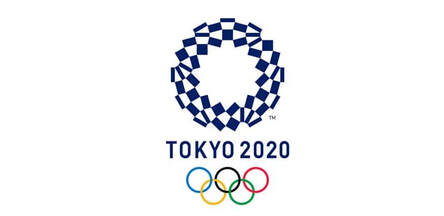
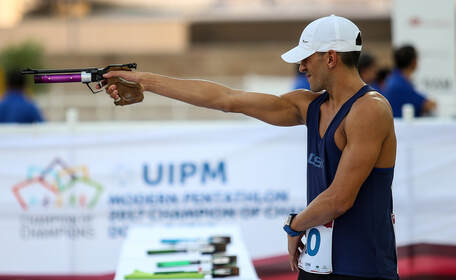
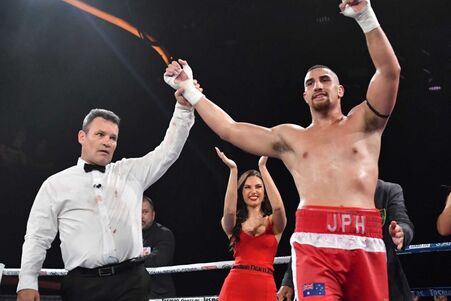
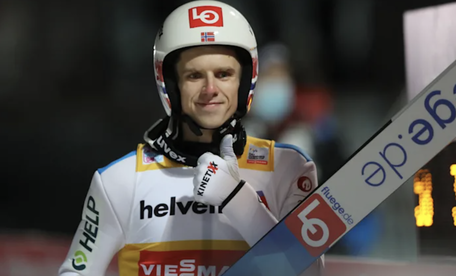
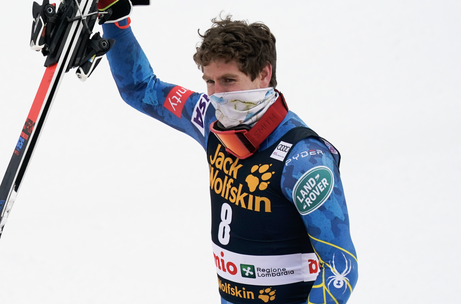
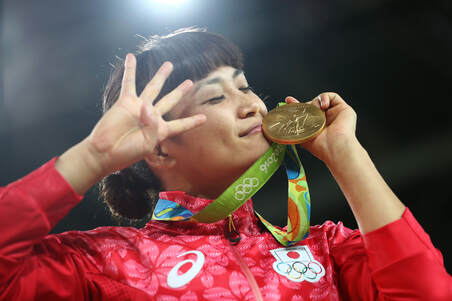
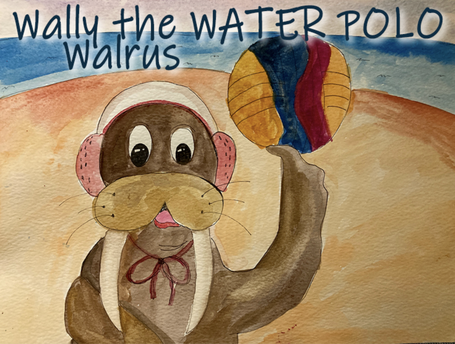

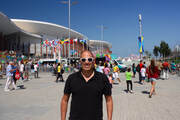
 RSS Feed
RSS Feed